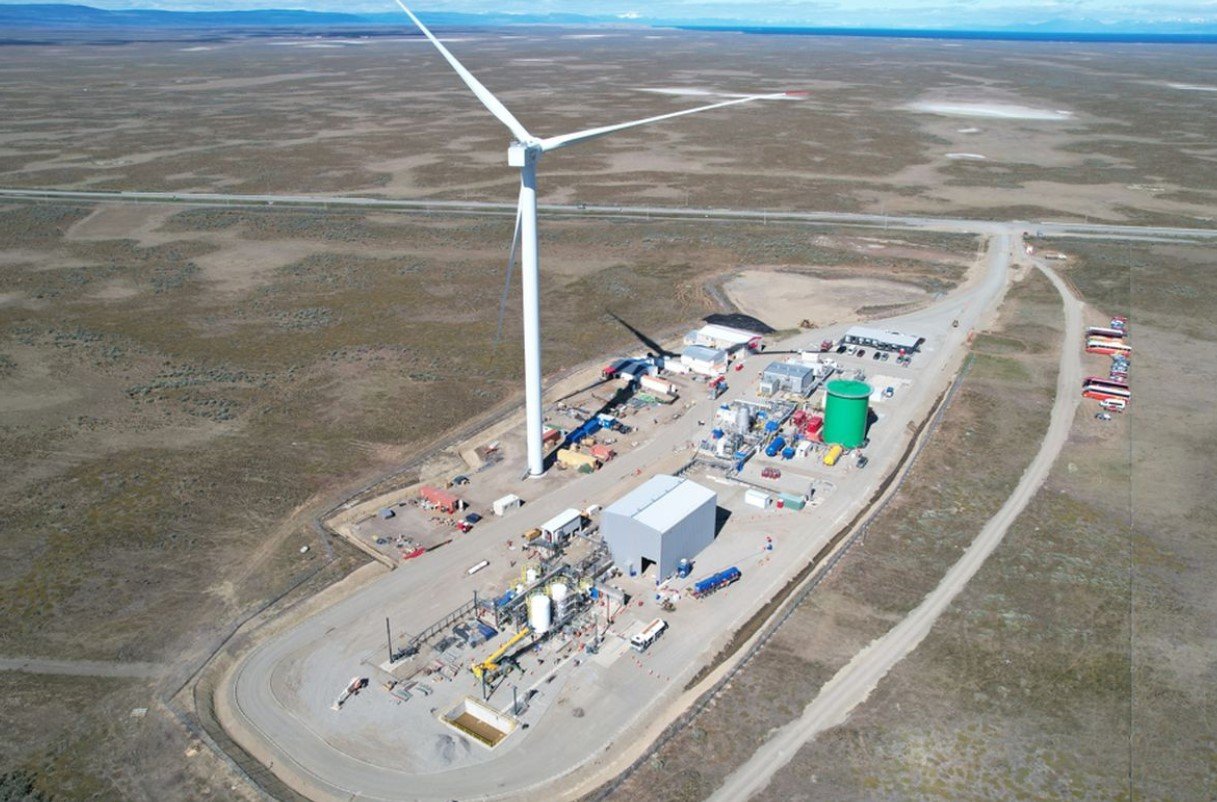Germany has made a last-minute opposition to the European Union’s landmark law that seeks to put a ban on CO2-emitting cars by 2035. Germany is now demanding that sales of new cars with internal combustion engines run on e-fuels beyond the given year.
The EU rule required all new cars sold to have zero CO2 emissions, which would make it effectively impossible to sell new fossil fuel-powered cars. However, the lack of options that could enable ICE cars to operate without CO2 has made it a dead-end technology. Here’s what you need to know.

What are e-fuels?
E-fuels or electro fuels are synthetic fuels made from carbon dioxide and hydrogen produced by electrolysis that runs on electricity. The idea behind e-fuels is to reverse the impact of carbon emissions on the environment. Although e-fuels release CO2 into the atmosphere when used in an engine, those emissions are equal to the amount taken out of the atmosphere to produce the fuel – making it overall CO2-neutral
Can e-fuels clean up cars?
E-fuels can be used in the existing ICE (Internal Combustion Engine) vehicles and transported via existing fossil fuel logistics networks. The supporters of e-fuels claim that it provides an opportunity to cut down the CO2 emissions of the prevailing cars without replacing every vehicle with an electric one. However, manufacturing e-fuels is very expensive and energy-intensive compared to running a battery-electric vehicle.
According to a report by the Nature Climate Change Journal, using e-fuels in ICE cars requires about five times more renewable electricity compared to running a BEV (Battery Electric Vehicle) due to the efficiency of the engines that run on these fuels. Policymakers also argue that e-fuels should be reserved for sectors like shipping and aviation that are hard to decarbonize, unlike passenger cars.
Who makes them?
Most of the prominent carmakers have placed their bets on battery-electric vehicles as the main route to cut CO2 emissions from passenger cars. Apart from carmakers, suppliers and oil majors defend e-fuels, as well as some automakers who don’t want their vehicles weighed down by heavy batteries. However, e-fuels are yet to be produced at scale. The world’s first commercial plant that opened in Chile in 2021, backed by Porsche, aims to produce 550 million liters per year. Other planned plants for producing e-fuels include Norway’s Norsk e-Fuel which is due to start producing in 2024, with a focus on aviation fuel.
What next for the EU law?
Germany’s opposition to the EU’s law has put Europe’s core climate change policy on hold as it called into question the country’s previous support for the legislation. Germany and Italy are now seeking clearer assurances from the EU that sales of new ICE cars can continue beyond 2035 if they run on CO2-neutral fuels.
However, EU lawmakers and diplomats warn that letting one country torpedo an already-agreed law could put other carefully negotiated deals on EU policies in danger. The European Commission has drafted a proposal to allow carmakers to register new cars in the EU, which can only run on climate-neutral e-fuels. However, the same proposal demands that the car’s technology should prevent it from starting if it uses non-carbon-neutral fuels.
Thus, the world is in dire need of eco-friendly fuel alternatives as the transportation sector contributes significantly to global carbon emissions. E-fuels may help, but it seems like a short-term solution that may not be sustainable in the long run. Many carmakers have already placed their bets on BEVs or fuel-cell vehicles, making them billions of dollars in R&D investments. While e-fuels may continue to have their niche applications, it is clear that fossil fuel technology is well on its way out in the automotive industry.














